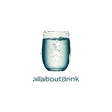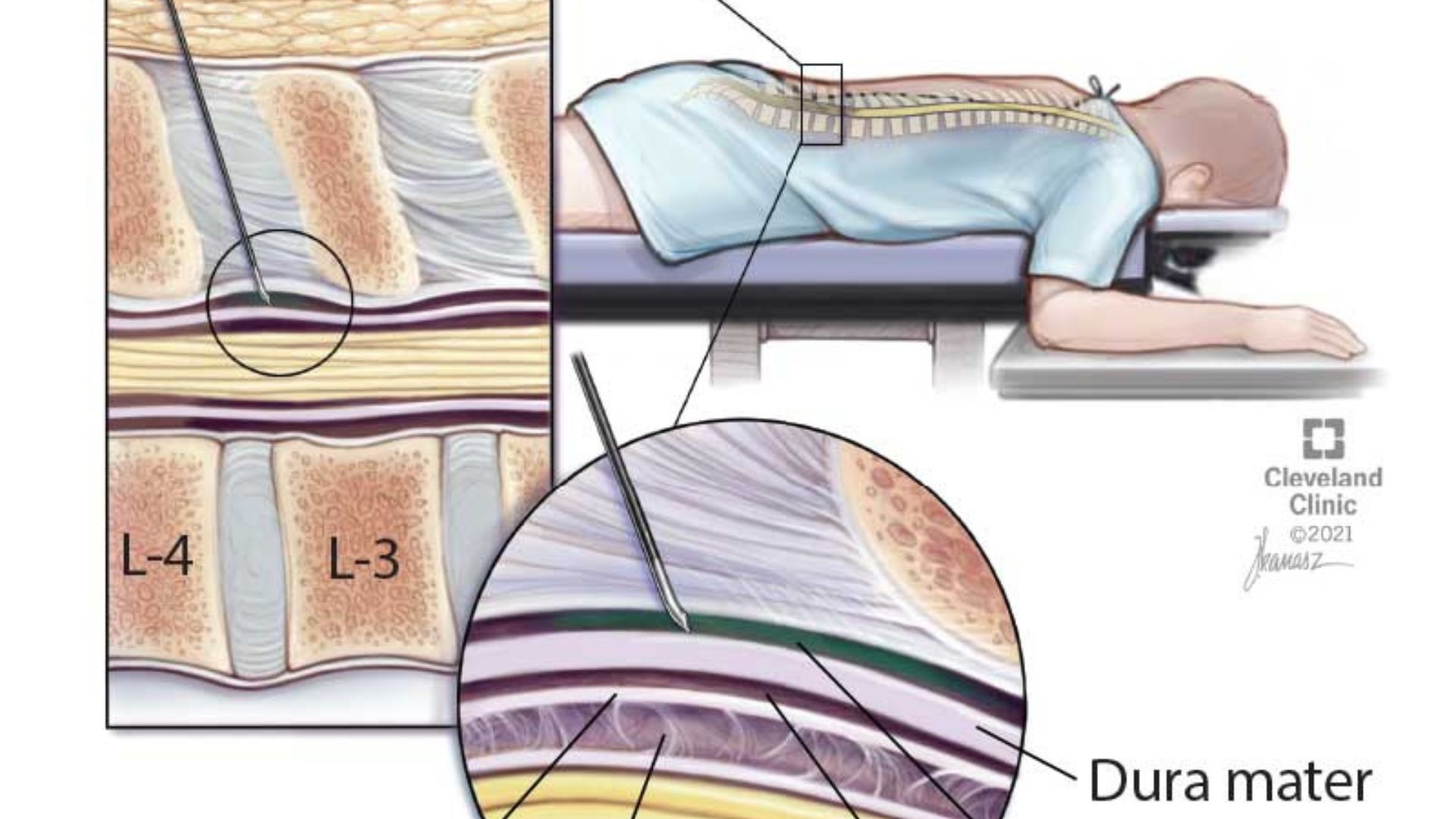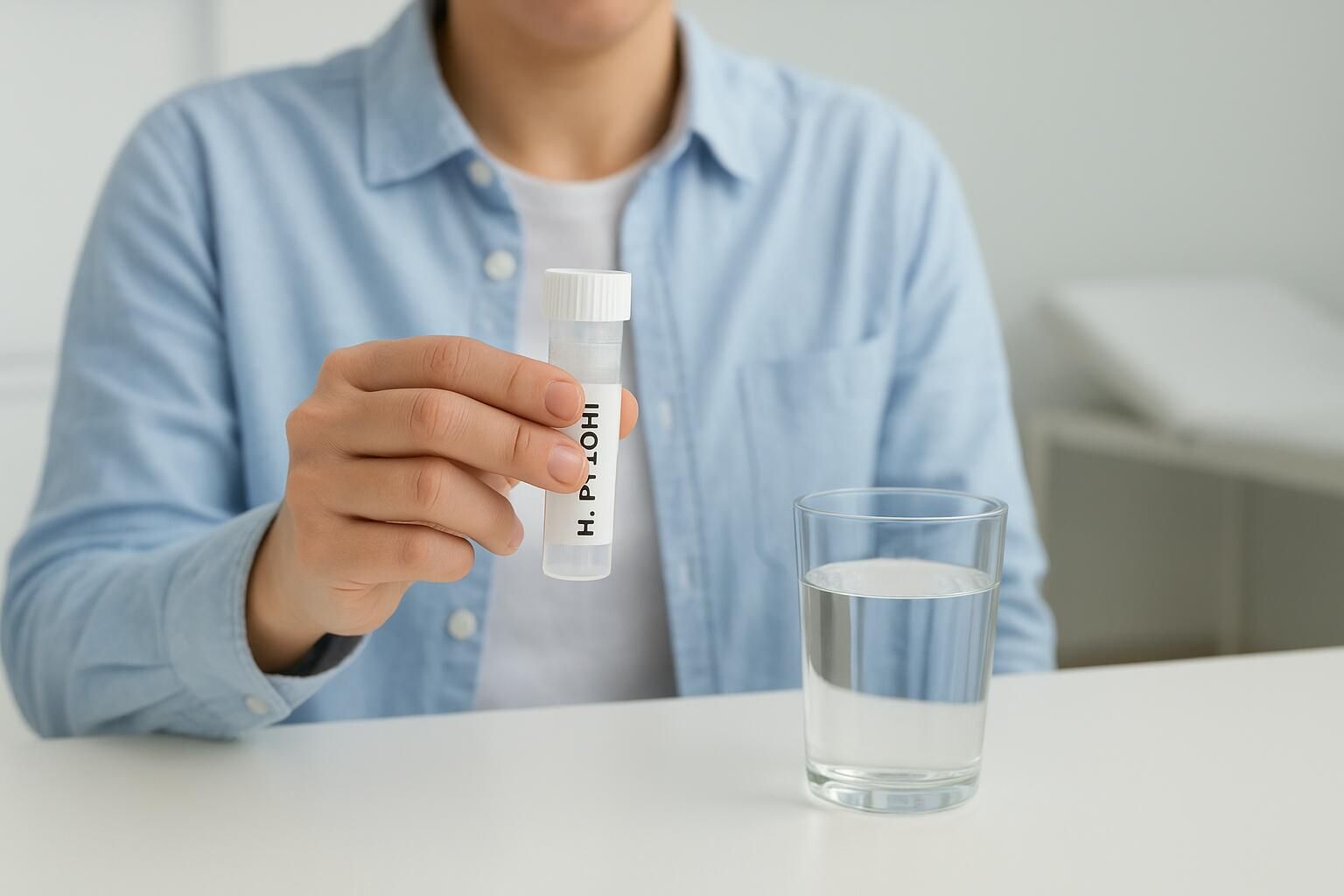No, drinking water cannot help you pass a breathalyzer. While water may rinse residual alcohol from your mouth, it doesn’t reduce the alcohol content in your blood. A breathalyzer measures alcohol exhaled from your lungs — reflecting your actual blood alcohol concentration (BAC), not temporary mouth traces.
The only reliable way to lower your BAC is to give your body enough time to metabolize the alcohol naturally.
How Breathalyzers Work and What They Measure
A breathalyzer measures the amount of alcohol in your breath to estimate your blood alcohol concentration (BAC). When you drink, alcohol quickly absorbs into your bloodstream and travels to your lungs. As you exhale, trace amounts of alcohol vapor are released, which the device detects and calculates into a BAC reading. Many people believe that drinking water can help lower a breathalyzer result, but this isn’t accurate. Water may rinse away residual alcohol in your mouth, slightly improving short-term freshness, but it does not reduce the alcohol already circulating in your blood. Breathalyzers measure deep lung air — not surface moisture — so hydration has minimal impact on test results. The only real way to lower your BAC is to allow your body time to metabolize the alcohol naturally. Understanding how these devices work helps explain why water alone won’t help you pass a breathalyzer.
Does Drinking Water Lower Blood Alcohol Concentration (BAC)?
Drinking water can slightly dilute alcohol in your stomach and help your body process it more efficiently, but it doesn’t lower your actual blood alcohol concentration (BAC). Once alcohol enters your bloodstream, only time and liver metabolism can reduce BAC levels. Hydration may lessen hangover symptoms, reduce dehydration, and make you feel more alert, but it doesn’t trick a breathalyzer. Your liver breaks down about one standard drink per hour, regardless of how much water you consume. While sipping water between drinks can slow your alcohol intake and keep you in better control, it won’t eliminate alcohol already absorbed into your system — so it won’t help you “pass” a breathalyzer test.
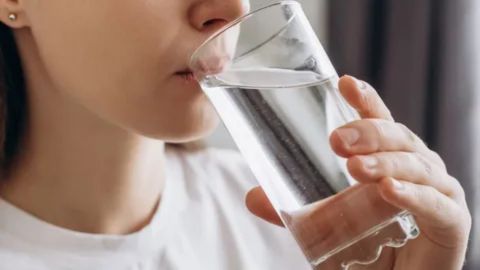
How Breathalyzers Detect Alcohol Levels
Breathalyzers work by measuring the amount of alcohol vapor in your breath, which reflects the concentration of alcohol in your bloodstream. When you drink, alcohol is absorbed into your blood and carried to your lungs, where it evaporates into the air you exhale. The device then estimates your Blood Alcohol Concentration (BAC) using this breath sample. Drinking water doesn’t change how alcohol is processed in your lungs or blood, so it won’t affect the reading. While rinsing your mouth with water might temporarily remove residue or food particles, the alcohol in your system remains detectable. Understanding this helps explain why no quick trick — including water — can fool a breathalyzer once alcohol has entered your bloodstream.
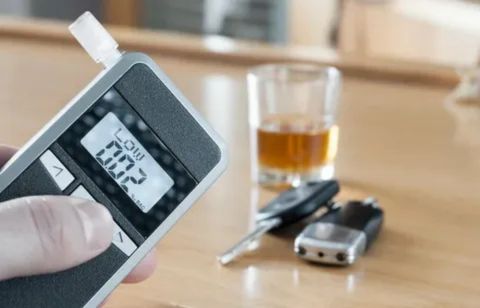
Common Myths vs. Reality: Hydration Tricks and Their Limitations
Many people believe that drinking plenty of water, coffee, or eating certain foods can help them pass a breathalyzer test, but this is mostly a myth. While staying hydrated may dilute alcohol in your saliva or reduce mouth odor, it doesn’t lower your Blood Alcohol Concentration (BAC) — the key factor breathalyzers measure. Alcohol is metabolized by your liver, not flushed out by water, so only time can truly reduce BAC levels. Similarly, chewing mints, using mouthwash, or exercising won’t trick the device. In fact, some mouthwashes contain alcohol, which could temporarily increase your BAC reading. The reality is simple — hydration supports recovery and well-being but can’t erase alcohol’s presence in your bloodstream.
What Actually Helps Before a Breathalyzer Test
If you’ve been drinking, the only proven way to lower your blood alcohol concentration (BAC) before a breathalyzer test is time. Your liver processes about one standard drink per hour, and no quick fix — including water, coffee, or food — can speed that up. However, drinking water before the test can help rinse your mouth, removing residual alcohol that might cause a slightly higher reading. Eating food before drinking may also slow alcohol absorption, reducing peak BAC levels. Fresh air, deep breathing, and staying calm can help you exhale normally for a more accurate test, but none of these can make you pass if you’re over the legal limit. Responsible planning and patience are the only real solutions.

Legal and Safety Considerations: Why Relying on Water Is Risky
Relying on water to pass a breathalyzer is not only ineffective but also legally and medically risky. Law enforcement officers are trained to detect impairment through multiple cues — not just breath tests. Even if water slightly dilutes mouth alcohol, it won’t change your BAC, which is what the device measures. Trying to manipulate results can lead to harsher penalties, including fines or license suspension. More importantly, driving after drinking — no matter how much water you’ve had — endangers your safety and others on the road. The safest choice is always to avoid driving after alcohol consumption. Plan ahead with a designated driver, rideshare, or public transport instead of relying on myths that could cost lives and legal freedom.
FAQs About Drinking Water and Breathalyzers
1. Can drinking water lower your BAC before a breathalyzer test?
No, drinking water does not lower your blood alcohol concentration (BAC). It may help reduce mouth alcohol residue, but the test measures alcohol in your breath from your bloodstream, not just your mouth.
2. Does brushing your teeth or chewing gum help you pass a breathalyzer?
Not really. While mint or gum can mask alcohol odor, they don’t affect BAC. Some breath fresheners even contain small amounts of alcohol that could make readings worse.
3. How long should I wait after drinking before taking a breathalyzer?
On average, it takes about one hour per standard drink for your body to metabolize alcohol. However, this varies depending on weight, metabolism, and food intake.
4. Can hydration speed up alcohol elimination?
Hydration helps your body recover faster, but it doesn’t speed up alcohol metabolism. Only time can sober you up fully.
